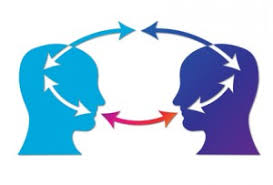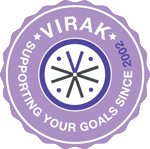Communication and Influencing Skills 
Everything we do is communication. Every day in many ways we communicate. We communicate our thoughts, feelings, desires and many more. We communicate whether and how much we like and respect someone and sometimes we do the contrary. We communicate happiness, uncertainty, delight and misery. Simple or complex, intended or unintended, planned or spontaneous, active or passive, communication is one of the key interpersonal skills to reach results, fulfill needs and ambition and it fills the principal part of our day.
Our ability to communicate and also to influence will have an effect on everything – how well we gather and give information, how well we express ideas or feelings, how well we solve problems and make decisions, how well you reach agreements and resolve disagreements and finally it will help you get your own way, while maintaining and respecting relationships.

This 2-day fun, interactive and highly reflective workshop uses useful exercises, tools, techniques and presentations to show you how to really communicate, influence, and present in public. It is designed to equip participants with the key knowledge and skills needed to communicate, present and influence effectively across the organization
Outline of this Communication and Influencing Skills course
This workshop focuses on:
- Your communication style
- How do you communicate effectively?
- The Johari Window
- NLP and communication
- How to influence effectively
- Questioning techniques
- How do you listen actively?
- Assertiveness and communicating in difficult situations
- Handling resistance
- Presenting in public
Benefits from this Communication and Influencing Skills course
This workshop uses the principle of “little theory, much practice” allowing you to take back real skills, tools, and techniques that you can apply immediately in your work environment.
It is a workshop tailored to all staff who need to improve their communication and influencing skills, and who need to present in public.
In order to build a bridge between theory and real life, each participant will be asked to choose 3 objectives that they will accomplish based on what they have learned in this workshop. 3 months after the workshop, we will then organise a group conference call to discuss if the objectives were achieved, and if not, why not and what we can do to help.
